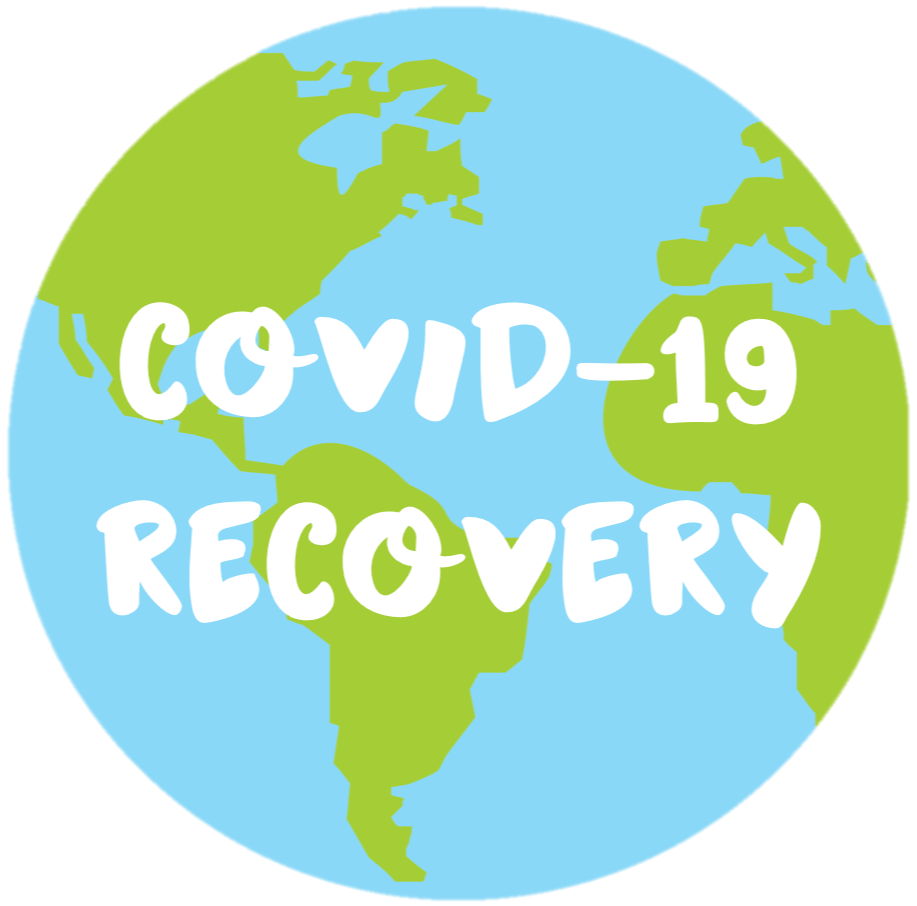Self-Care on the Front Lines
We are all thankful for those who work in healthcare - , now more than ever. The bravery required to put on a mask and gloves and walk into work every day is what is sustaining our world. I wanted to look into how these heroes are coping and taking care of themselves, and hopefully remind us all once again that essential workers are human too. Here are a few examples of what doctors, nurses, paramedics, EMTs (Emergency Medical Technicians), and others on the front-line are able to do for themselves.
1. “Take a bath or shower.” “Physically separate the day.”
It might seem obvious that people might want to shower as soon as they get home, but many have talked about the psychological effects of “washing the day off.” One New York EMT stated, “as soon as I get home I take all my uniform from the day and throw them in the wash and hop in the shower. Nothing from work enters any sort of legitimate living space in my apartment.” It seems as though the physical separation of church and state is an effective coping mechanism for many.
2. “I gave up on my diet.”
Nurse Amy (pseudonym) had somewhat recently returned to work after taking time off to give birth to her second son. She started a postnatal diet but quickly gave it up once things started getting serious. “I work ungodly hours and run around all day, so I let myself eat whatever I want once a day.” She explained the reasoning behind her decision too. “Getting to eat my favourite foods is the only thing that keeps me sane and alive between back to back shifts. My mental health is more important than a few pounds.”
3. “I’m working from home.”
Mary, (68), has been working in EMS (Emergency Medical Services) for decades. For the first time in her career, she has been banned from helping patients because her age and heart condition put her at risk for complications from COVID-19. Her closing remark was, “Don’t make me crankier than I am; I haven’t been on a rig in days.” Mary cares deeply about EMS, but she knows the best thing she can do is stay home.
4. “At least I’m not alone.”
Essential workers are one of the few groups of people exempt from social-distancing rules. While precautions are still in place, this means that essential workers are one of the few groups that interact with people outside of those they live with. For those who haven’t seen anyone besides their roommates for weeks, this is a huge deal. It means a lot to healthcare workers too. “I work with my best friend and my significant other who I don’t live with,” says one EMT.
“My job is to help other people live but my job helps me live a normal life in a way too.”
5. “Just Sleep.”
My friend, an EMT, went on an ambulance call for a patient with COVID-19 symptoms. It was one in the morning; the whole ordeal took two hours, and they had to decontaminate the rig afterwards. I asked her if she treated herself with anything special afterwards and she said: “just sleep.” Maybe I asked a stupid question, but that’s what a lot of people want the most. Meal donations are great, PPE donations are amazing, but no one can donate time for sleep.
6. “My kids are all home all the time and that never happens.”
This may be the first time in a while that these many college students have been home for an extended period of time. Houses are crowded like it’s Thanksgiving Day. While it’s hectic, some thrive on the energy. Dr. O (pseudonym) said “My kids are all home all the time and that never happens. I might be working more hours, but I’m still spending more time with them than I would be if they were back at their colleges.”
This pandemic has forced us to make difficult decisions regarding wants and needs, but it’s important to remember that self-care is a need for every human, including our essential workers, and that’s okay!
